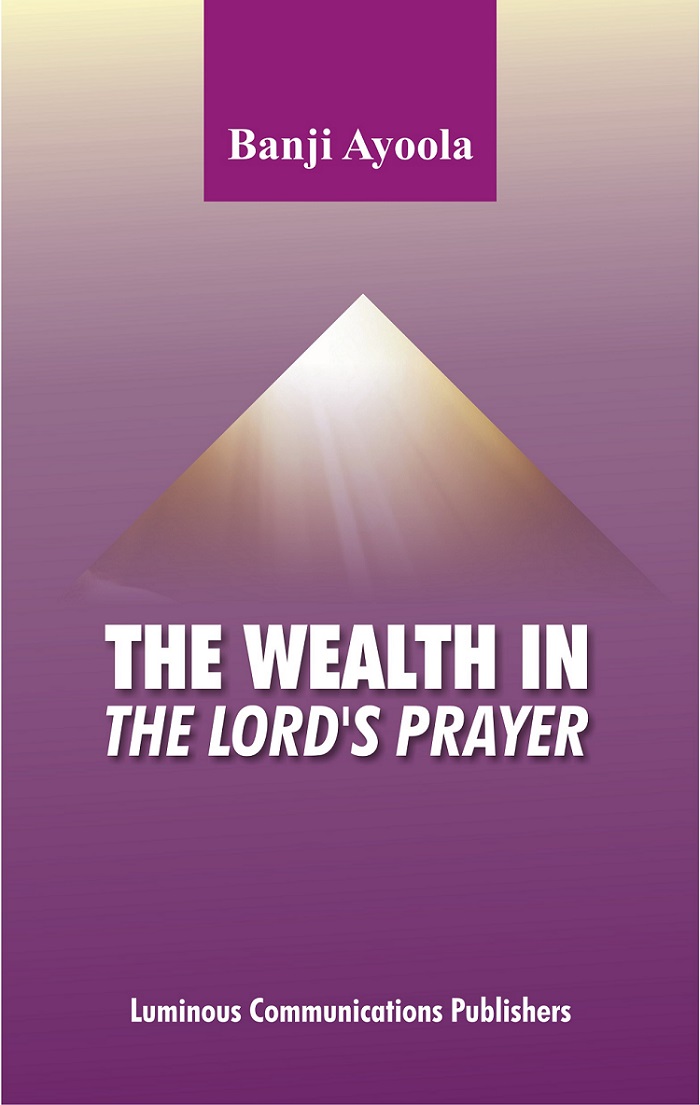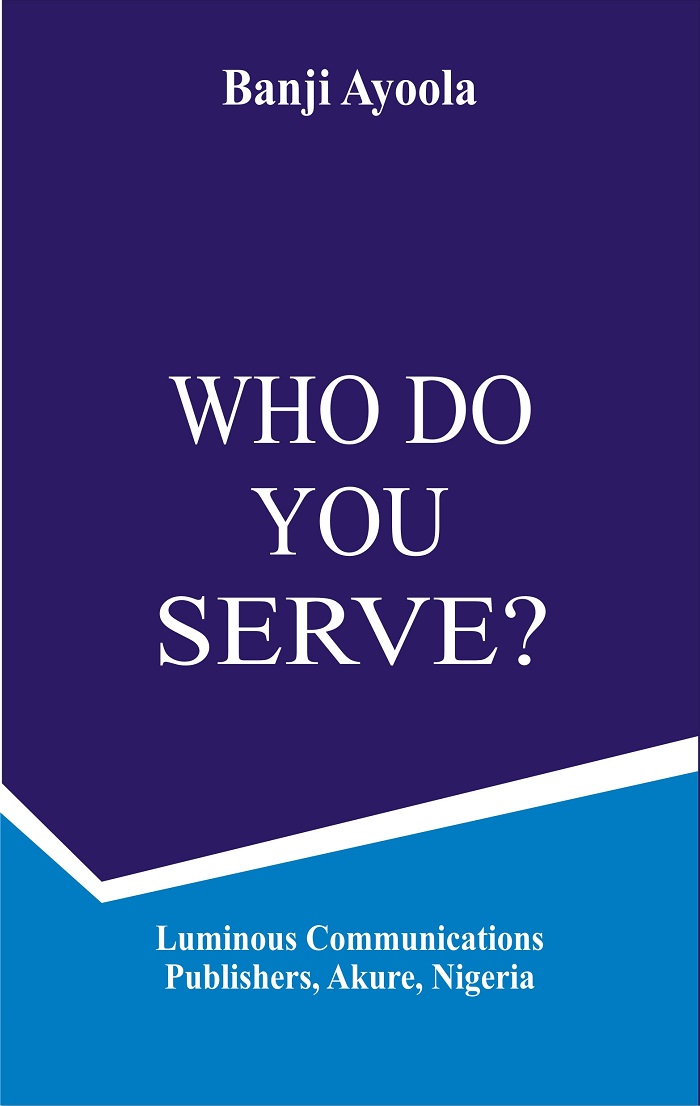By Kayode Oseni
Understanding Cholesterol
Cholesterol is a vital substance produced by our bodies and also derived from the foods we consume. Our liver synthesizes cholesterol because it plays crucial roles in various bodily functions, including hormone production and the maintenance of brain health—our brain is largely composed of fatty substances.
Scientists categorize cholesterol into two types: *HDL* (High-Density Lipoprotein) and *LDL* (Low-Density Lipoprotein). Both forms are necessary and must be present in a healthy balance. HDL is often referred to as “good” cholesterol because it helps transport cholesterol away from the arteries, while LDL is labeled “bad” cholesterol; excessive levels of LDL can lead to health complications.
Historical Context and Big Pharma’s Role
In the 1950s, blood cholesterol levels above 400 mg/dL were not considered concerning. However, by the early 1970s, an unsettling shift occurred. The food industry, seeking to reduce surplus milk production, coupled with the pharmaceutical companies and the FDA, launched a campaign suggesting that high cholesterol was the primary cause of heart disease. During this time, eggs were demonized as a major contributor to high cholesterol. Yet, scientific evaluations show that LDL levels are often higher in whole milk compared to eggs!
This misinformation benefitted Big Pharma immensely, as they introduced statin drugs in the early 1980s as cholesterol-lowering solutions. These medications disrupted the natural balance between HDL and LDL, potentially giving rise to numerous health issues. Alarmingly, conditions like Alzheimer’s disease began to increase in prevalence, raising the question: why is Alzheimer’s disease more common in the United States?
Yea, you guessed right!
Shifting Perspectives
As young medical professionals from Africa traveled abroad for training, they were conditioned to believe that eggs were detrimental to health and that statins were essential for heart health. The authority granted to conventional medicine often rendered dissenting voices, such as those of naturopaths, as quacks, despite their calls for a more holistic understanding of health.
I recall the challenges I faced two decades ago when trying to persuade my patients to retain eggs in their diets. Only those who placed their trust in my approach as a physician of natural medicine were willing to listen. However, I found vindication in 2019 when the World Health Organization released a statement affirming that eggs do not contribute to heart disease and should be considered part of a balanced diet.
Current Influences on Cholesterol Levels
In today’s society, two significant factors are contributing to the rise in LDL cholesterol levels: *sedentary lifestyles* and *ultra-processed junk foods*. As our daily routines become increasingly inactive, effective blood circulation declines, leading to a greater risk of plaque formation within our blood vessels. Furthermore, the junk foods that dominate our diets are packed with unhealthy oils and excessive sodium, which are known contributors to increased LDL cholesterol.
Recommendations for Healthier Choices
To promote better heart health and overall well-being, I encourage everyone to consider the following lifestyle changes:
– *Opt for plant-based milk* instead of cow’s milk to reduce saturated fat and cholesterol intake.
– *Consume whole, unprocessed foods* rather than junk food, focusing on nutrient-dense options that support heart health.
– *Increase physical activity* by incorporating more walking into your daily routine to enhance blood circulation and counteract the effects of a sedentary lifestyle.
Final Note
Please tread carefully with statin medications. While they may be prescribed for excessively high cholesterol, the potential for adverse effects and the disruption of natural cholesterol balance should prompt individuals to seek alternatives and explore holistic approaches to heart health. Embrace a lifestyle that nurtures your body with nature’s offerings, and prioritize balance and well-being over pharmaceutical solutions.
- Kayode Oseni is a professor of Natural Medicine, a physician of more than 30 years practice experience. He is a lecturer on Herbal Medicine, Energy Medicine, and Naturopathic Medicine in Universities and Colleges of Natural Health across Nigeria and beyond. He is currently the Dean of School Natural Medicine, Cyrillic College of Homeopathy and Holistic Health Sciences. Ijebu Ode, Ogun State. He is the CEO/ Consultant Naturopath at Alayo Health & Wellness Center, Abeokuta, Ogun State. He can be reached through 08034170747.







